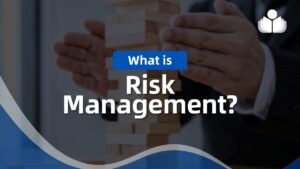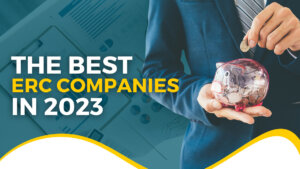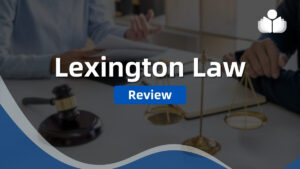The biggest mistake that many non-profits make is their belief that grants from corporations, foundations and government will continue, or (even) increase, over the long term.
Historically, those sources of funding for specific programs either remain the same or decrease – especially during rough economic times (Remember !! … It wasn’t that long ago).
While overall costs of operation tend to rise, few foundations or corporations want to make long-term commitments to a non-profit organization.
Planning for the future, therefore, involves identifying potential sources of funding sufficient to ensure the continuation or expansion of the programs that satisfy the needs of the people and the communities being served.
Worded another way, “Ensuring future funding requires minimizing the risk of losing a large percentage of your income.”
Most foundations help an NPO initiate a program/concept, help them create the structure that will support it, and then go on to do the same with other organizations.
Corporations want to be perceived as supportive members of the community. The more NPOs they support, from the same, limited pot of money, the more visible they’ll be and (generally) the better their image.
It’s also dangerous to rely just on events — no matter how successful, as someone else’s event or activity may prove to be a greater attraction for your attendees, or the economy may engender second thoughts about buying those event tickets.
Ask yourself, “When the grant for a specific program runs out, do you end that program and discontinue service to those who need it, or will you have a backup plan … a reliable source of ongoing funding ??”
Roughly 80% of contributed dollars come from individual donors or their estates. And the common wisdom is that at least 80% of that amount — or about two-thirds of all contributed dollars – come as major gifts from individuals.
A major gift program is easier to design/implement and more cost-effective than direct mail and the vast majority of events. Major gifts are also a more reliable source of long-term charitable funding than all others.
And, by the way, the second biggest mistake that many non-profits make is to assume that this doesn’t apply to them !!
=-=-=-=-=-=-=-=-=-=-=-=-=-=
Have a comment or a question about starting, evaluating, or expanding your fundraising program? With over 30 years of counseling in major gifts, capital campaigns, bequest programs, and the planning studies to precede these three, I’ll be pleased to answer your questions. Contact me at [email protected]
=-=-=-=-=-=-=-=-=-=-=-=-=-=
Have you seen The Fundraising Series of ebooks ??
=-=-=-=-=-=-=-=-=-=-=-=-=-=
If you would like to comment/expand on the above, or would just like to offer your thoughts on the subject of this posting, we encourage you to “Leave a Reply” at the bottom of this page, click on the feedback link at the top of the page, or send an email to the author of this posting.
 Sections of this topic
Sections of this topic
















